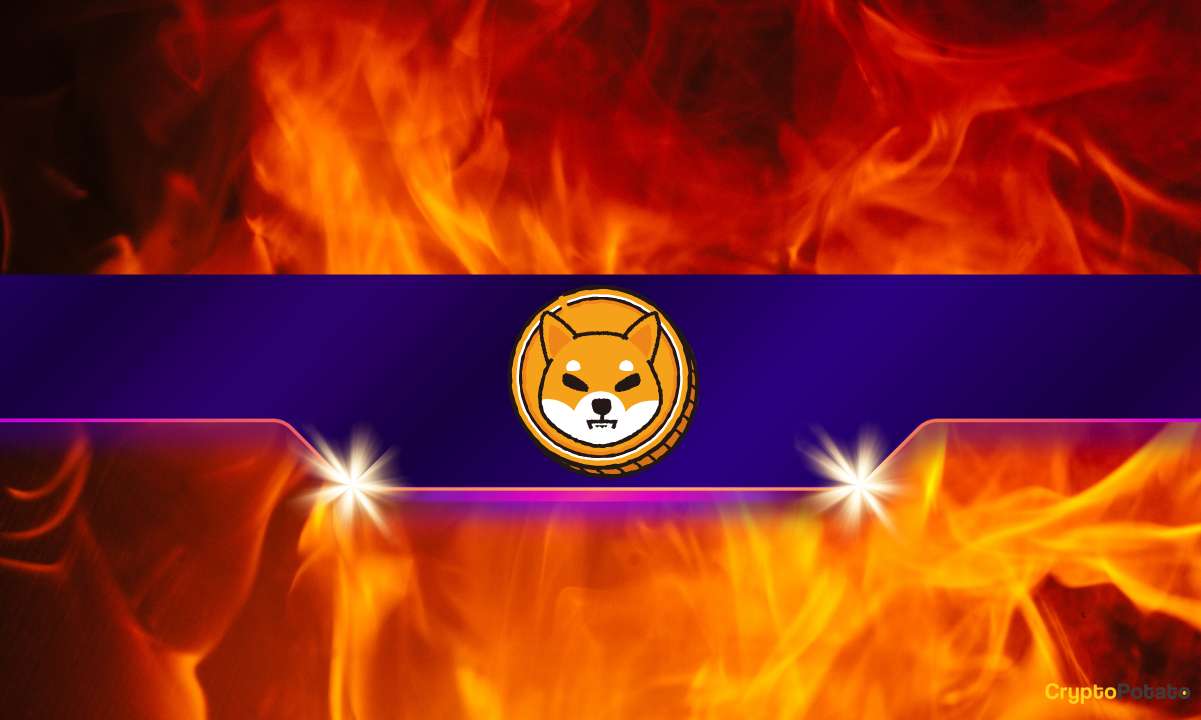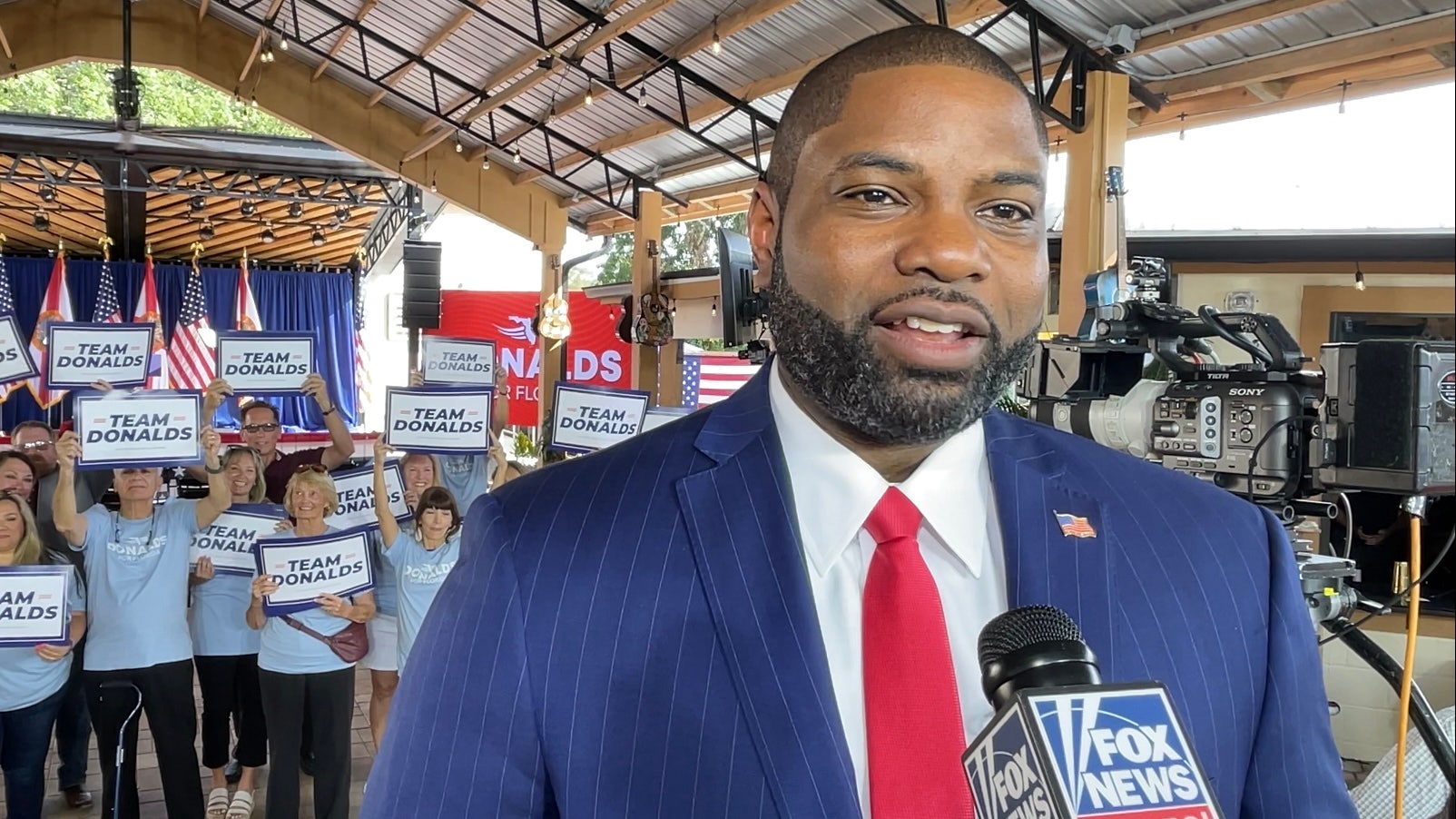President Vladimir Putin signed a decree Wednesday allowing the Armenian investment fund Balchug Capital to buy shares in nine publicly traded companies owned by Goldman Sachs’ Russian subsidiary.
In January, the Kremlin leader authorized Balchug Capital to acquire Goldman Sachs’ Russian unit, nearly three years after the Wall Street firm announced it would leave Russia in response to the full-scale invasion of Ukraine.
Putin’s latest decree allows the Armenian investment fund to purchase Goldman Sachs International’s shares in seven energy companies, including Gazprom, Rosneft and Lukoil. It also authorizes Balchug Capital to buy the investment bank’s shares in the Russian telecom provider Rostelecom and the Novolipetsk Metallurgical Plant.
Since August 2022, investors from countries Russia deems “unfriendly” have been required to receive Putin’s personal approval for buying and selling securities in the energy and banking sectors.
Last month, Putin signed a similar decree allowing the U.S. hedge fund 683 Capital Partners LP to buy Russian securities from American, British and Singaporean investment funds. Two Russian companies were in turn authorized to buy 683 Capital’s securities.
Experts interviewed by Russian business media said at the time that the decree may have been part of an asset swap allowing both Russian and foreign investors to free up funds blocked by sanctions.
Goldman Sachs, which had operated in Russia since 2009, was among the first major U.S. banks to announce the winding down of its Russian business after the full-scale invasion of Ukraine.
In 2023, a Moscow court temporarily froze $36 million of Goldman Sachs’ Russian assets on accusations that it failed to settle $6.3 billion of debt with the Russian-owned bank Otkritie.
The following year, Russia’s Central Bank revoked Goldman Sachs’ broker and dealer licenses.
A Message from The Moscow Times:
Dear readers,
We are facing unprecedented challenges. Russia's Prosecutor General's Office has designated The Moscow Times as an "undesirable" organization, criminalizing our work and putting our staff at risk of prosecution. This follows our earlier unjust labeling as a "foreign agent."
These actions are direct attempts to silence independent journalism in Russia. The authorities claim our work "discredits the decisions of the Russian leadership." We see things differently: we strive to provide accurate, unbiased reporting on Russia.
We, the journalists of The Moscow Times, refuse to be silenced. But to continue our work, we need your help.
Your support, no matter how small, makes a world of difference. If you can, please support us monthly starting from just $2. It's quick to set up, and every contribution makes a significant impact.
By supporting The Moscow Times, you're defending open, independent journalism in the face of repression. Thank you for standing with us.
Continue
![]()
Not ready to support today?
Remind me later.

 By The Moscow Times | Created at 2025-04-02 15:15:20 | Updated at 2025-04-03 13:42:11
22 hours ago
By The Moscow Times | Created at 2025-04-02 15:15:20 | Updated at 2025-04-03 13:42:11
22 hours ago







